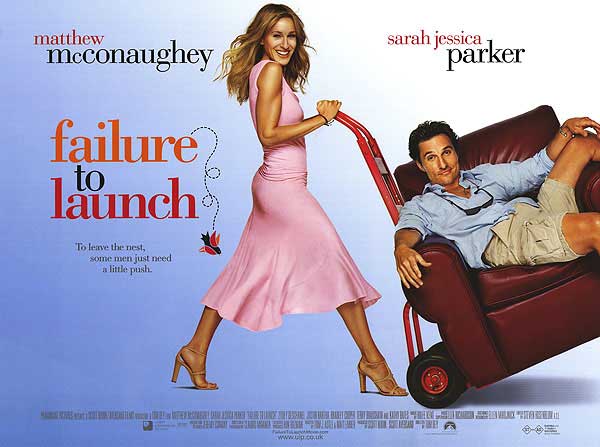Suicide ranks as second-leading cause of death for teens
Death is a part of life. It is a hard part, but it is a part nonetheless. All of us have had to say goodbye to someone whether it was a parent, sibling, cousin, grandparent, or a friend. We have all experienced loss. It’s sad, but we come to expect it: old age, cancer, heart disease, whatever it may be. However, what we do not expect is when a person takes their own life.
According to the Jason Foundation, a foundation that is dedicated to the prevention of teen suicide, suicide is the second leading cause of death for ages 10-24; more teenagers and young adults die from suicide than from cancer, heart disease, AIDS, birth defects, stroke, pneumonia, influenza, and chronic lung disease combined; and there is an average of over 5,240 teenagers that attempt suicide every day. There is one death by suicide in the US every thirteen minutes, and approximately 105 Americans die by suicide every day.
The numbers are shocking. Sure, compared to other things, such as cancer or car crashes, the numbers might not look as staggering. The thing is, suicide is not an accident. It is a choice. Someone is making the decision to end their life, and when it comes down to it, these numbers should be zero.
Many people think that suicide is a hard thing to prevent, but it really is not if you look carefully for the signs. Direct or indirect suicide threats, such as “If a person did this or that… would he/she die?”, “I’m going to kill myself,” or “I hate my life,” even if stated jokingly, are serious and should be taken seriously. An obsession with death is also a warning sign. Writing poems and drawing pictures depicting death may look like an artistic choice but could have dire consequences. Another sign is when a person begins to give away their prized possessions or say goodbye to family and friends. You may not think that a person is suicidal, but if you see the signs, you need to let someone know.
Research shows that there is a strong link between depression and suicide. In fact, when a person is diagnosed with depression, that person’s risk of committing suicide is elevated.
If you think that someone is suicidal, there are several things that you could do. For one, you could tell an adult. They will then make sure that the suicidal person immediately gets help. You could also talk to them about their feelings. Question them about their thoughts and feelings, ask if they’ve ever thought about hurting themselves or if they think that nobody would miss them if they were gone. Address the problem, and be there to listen. Encourage them to get help.
Something you might not know: males are four times more likely to commit suicide than females. Of all suicides, males make up 79% of them. How is that so? The Man Up campaign, a campaign started to prompt conversations about Australian male suicides, states that “silence can kill.” Men are taught that they have to be strong: don’t cry in front of your friends, your girlfriend/wife, your children, etc. Crying is seen as a weakness in men, but in reality, bottling up the emotions only makes the explosion worse. Mental illnesses already have such an ugly stigma, and when you’re male, the judgement is even worse. This stereotype, the one where men always have to be strong, is what is causing so many problems. There is nothing wrong with crying; it is a natural and healthy part of life.
If you yourself are feeling suicidal, please know that it is not the only option. Life hurts and sometimes it feels so much easier to just give up, but eventually the pain will end. What you are experiencing is treatable and suicidal thoughts are temporary. Talk to someone: a friend, a parent, or a therapist. Do cognitive therapy, where a therapist teaches you how to think more positively and how to develop coping skills. Do group therapy, where you meet with other kids who are also going through depressive episodes and talk about the problems you are experiencing. You are not weak for wanting to get better. You are not weak for getting help.
If you are having suicidal thoughts, call (or text) these numbers:
National Suicide Prevention Lifeline: 1-800-273-8255 (TALK)
Crisis Textline: Text START to 741-741
Lafayette Crisis Center: 765-742-0244
Teen Line: 765-423-1872

Bella McGill is a senior at DCHS and in her third year on the Parnassus staff. She is in the plays, French club, 4-H, and band. In her spare time, she...













